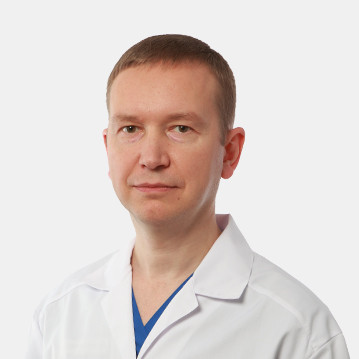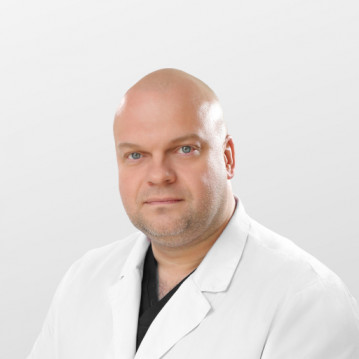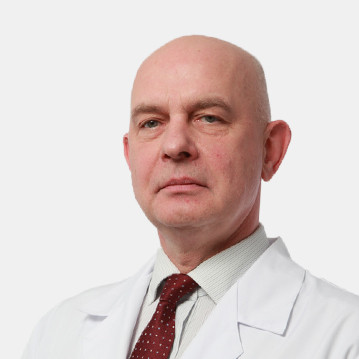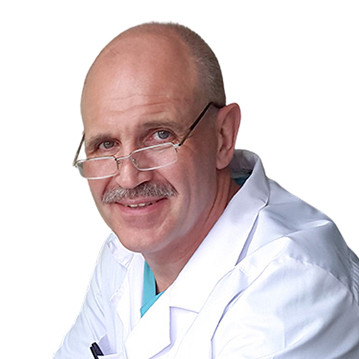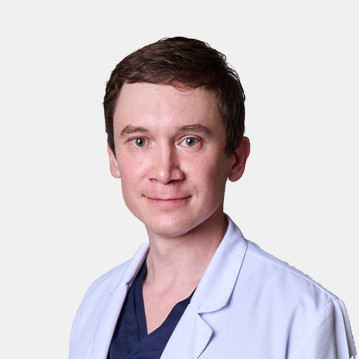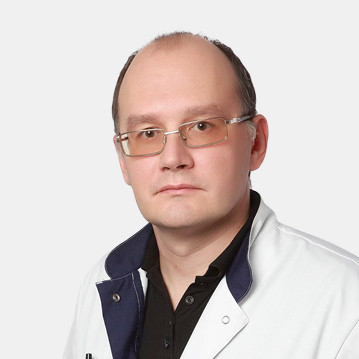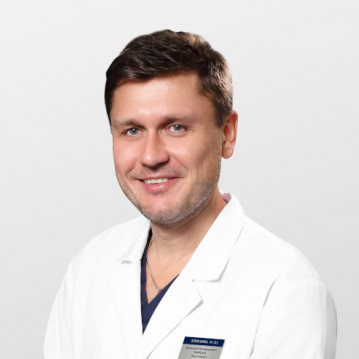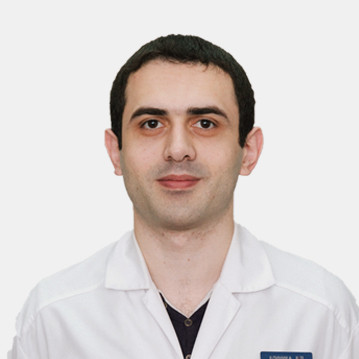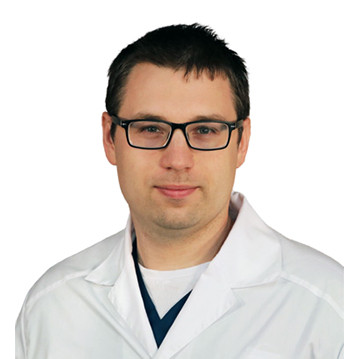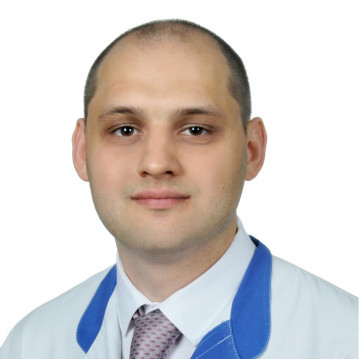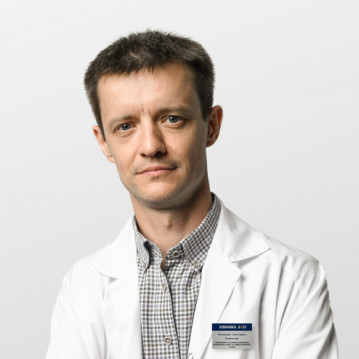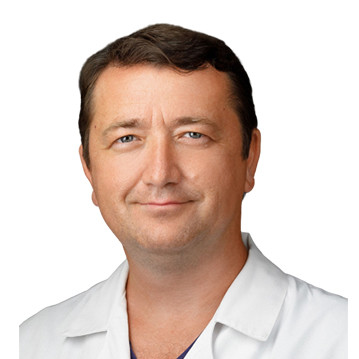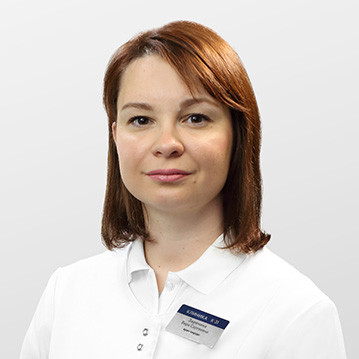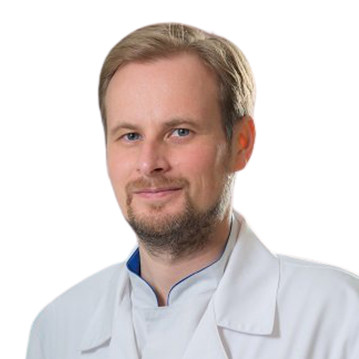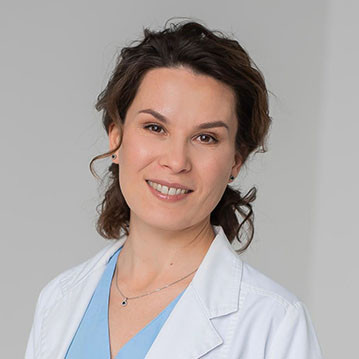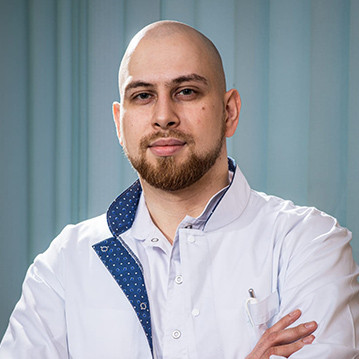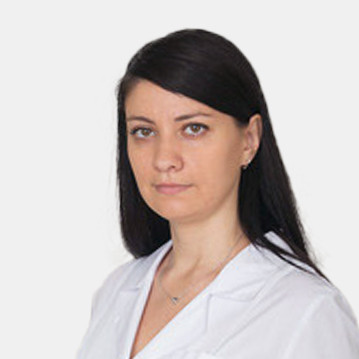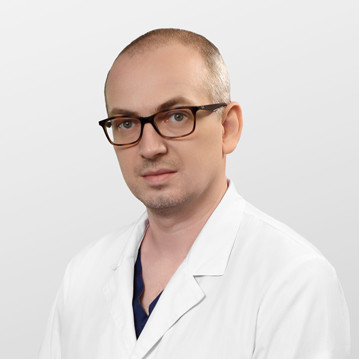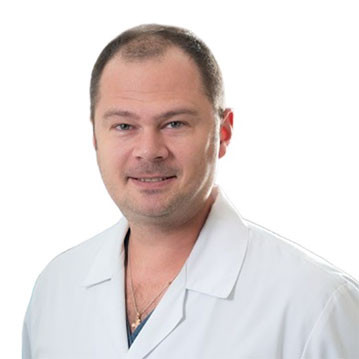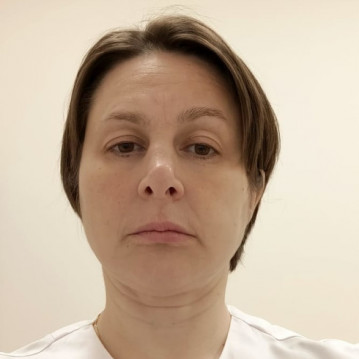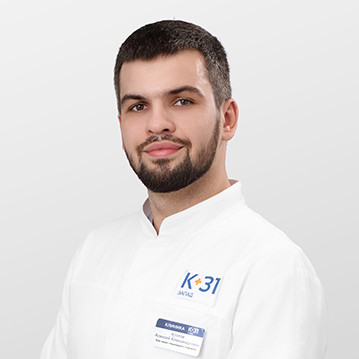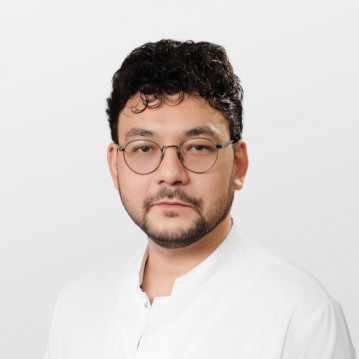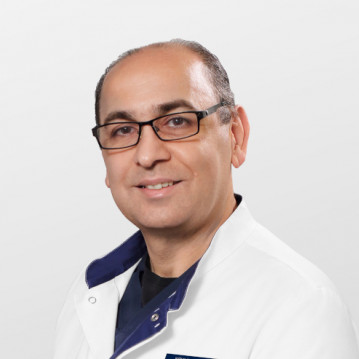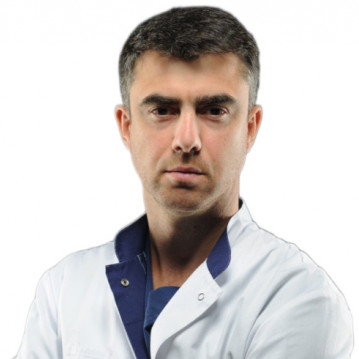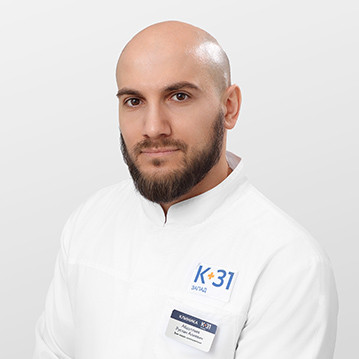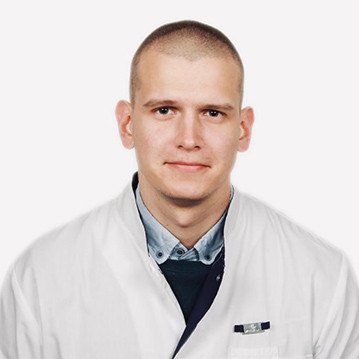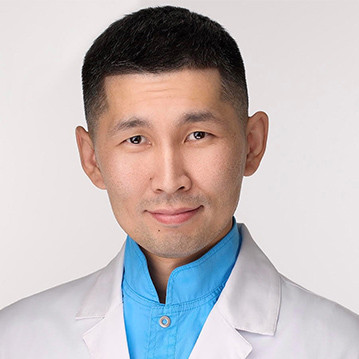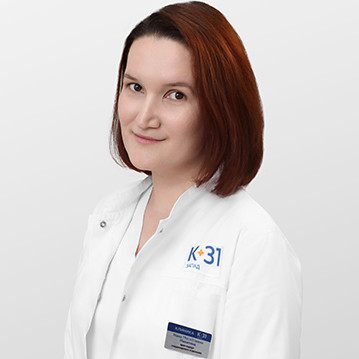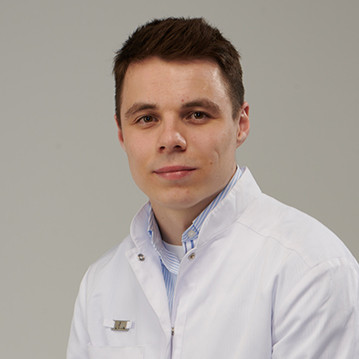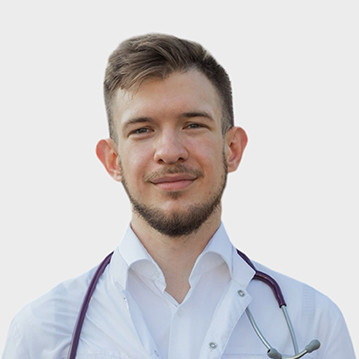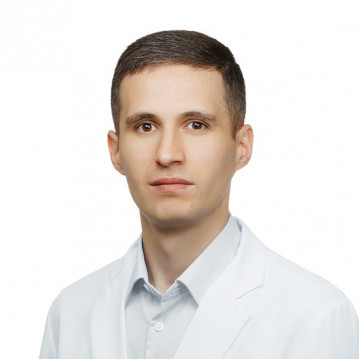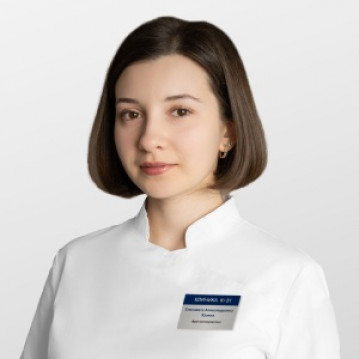When to Seek Emergency Help
The surgeon decides whether emergency care is needed or not based on the following complaints:
- abdominal pain, nausea, vomiting;
- lumbar pain;
- difficulty urinating, blood in the urine;
- bleeding;
- yellowing of the skin and sclera;
- suspected fracture;
- thermal, chemical burns.
Our multidisciplinary center includes a 24-hour emergency room and an emergency department. Doctors provide emergency medical care on an outpatient basis, if necessary, refer the patient to a hospital. The trauma center is treated with domestic or sports injuries. Their most common symptoms are:
- pain, swelling, redness arising after falling, hitting a hard surface;
- pain in the limb that decreases at rest and increases with movement;
- damage to the skin;
- bleeding from a wound;
- limitation of mobility of the arm, leg, finger, spine, ribs;
- extensive hematomas.
Our center has modern equipment that allows you to examine the victim in detail. The doctors have at their disposal equipment for performing radiography, computed tomography, magnetic resonance imaging, ultrasound, functional and endoscopic diagnostics.
At the trauma center, patients are received and examined by experienced surgeons, therapists, orthopedic traumatologists, anesthesiologists and resuscitators. The well-coordinated work of a team of specialists helps to quickly and fully examine the patient, to provide him with urgent assistance in a qualified manner. Most often, the following manipulations are required:
- anesthesia;
- primary surgical treatment of the wound, including washing it, disinfecting it, applying a sterile dressing;
- extraction of foreign bodies;
- suturing the edges of the wound when necessary;
- reduction of dislocations with subsequent fixation of the limb with a bandage, splint or plaster;
- the imposition of plaster, splints, splints for fractures, cracks;
- fixation of bone parts in complex fractures using plaster.
In case of injury, it is important to consult a doctor as soon as possible, a favorable outcome depends on this. Internal injuries, bleeding, concussion of the brain may not appear in the first 12-24 hours, which creates a feeling of imaginary well-being. While the patient believes that he is doing well, pathological changes occur in the body, which ultimately lead to a sharp deterioration in health, coma. Remember - after injury, you should not risk your health, it is better to visit a doctor and make sure that everything is in order.
Clinic K+31 has all the necessary conditions and the ability to provide emergency surgical care to patients. The admission department and trauma center work around the clock, you can contact them at any time.
In the K+31 clinic, emergency hospitalization and a call for a team for transportation are possible. However, if you need assistance as soon as possible, we recommend calling an ambulance by phone 112 (call from a mobile phone) or 103 (call from a landline or mobile phone).
